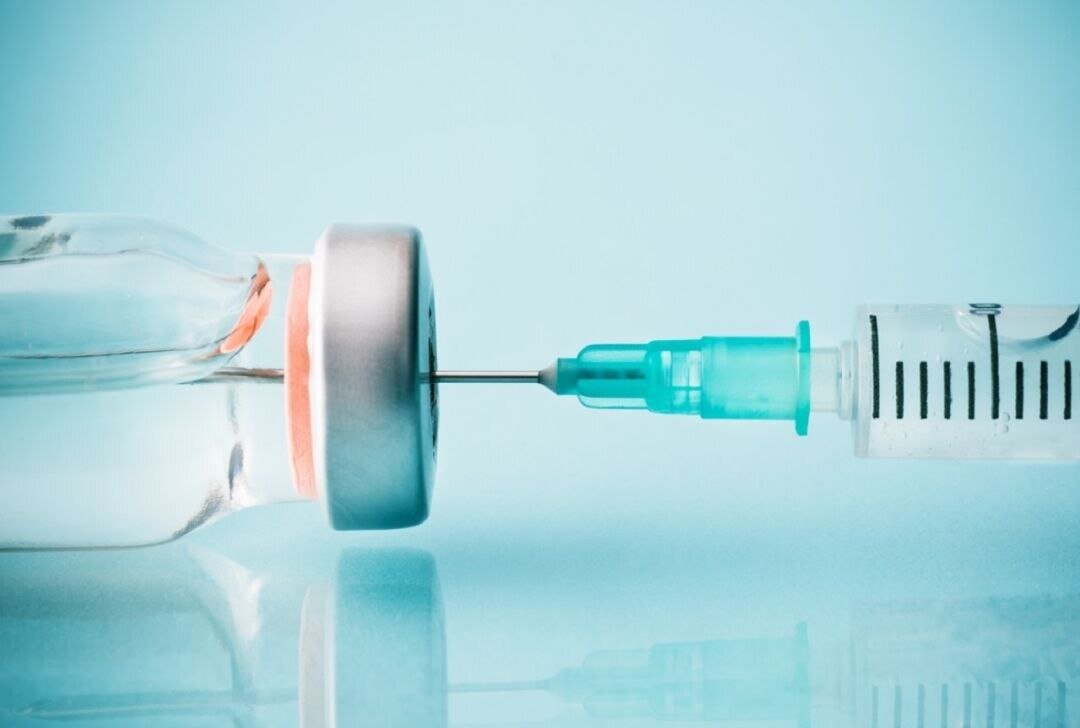Immunization against HPV on health ministry’s agenda
TEHRAN –The health ministry is carrying out studies and collecting data to decide on including the Human papillomavirus (HPV) vaccination in the national immunization program, the deputy health minister has said. HPV is one of the most common infections causing genital warts or cervical cancer in women, IRNA quoted Alireza Raeisi as saying. Vaccination is


TEHRAN –The health ministry is carrying out studies and collecting data to decide on including the Human papillomavirus (HPV) vaccination in the national immunization program, the deputy health minister has said.
HPV is one of the most common infections causing genital warts or cervical cancer in women, IRNA quoted Alireza Raeisi as saying.
Vaccination is the best way to prevent the disease; the vaccine has already been introduced in 140 countries. Iran is also deciding on adopting the vaccine in the country, the official added.
In the Eastern Mediterranean region, countries such as Saudi Arabia, Libya, Qatar, and the U.A.E have already started the national implementation of the HPV vaccination for the target population
Adding a vaccine into the national immunization program depends on studies that consider the burden of disease, its prevalence, costs, and vaccine efficacy, Raeisi added.
The official went on to say that a bivalent HPV vaccine targeting subtypes 16 and 18 associated with many cancers cervical cancers has already been produced in the country. However, the vaccine is not effective enough against types 6 and 11, which are responsible for genital warts.
Cervical cancer
Cervical cancer is the fourth most common cancer in women globally with around 660 000 new cases and around 350 000 deaths in 2022.
The highest rates of cervical cancer incidence and mortality are in low- and middle-income countries. This reflects major inequities driven by a lack of access to national HPV vaccination, cervical screening and treatment services, and social and economic determinants.
Cervical cancer is caused by persistent infection with the human papillomavirus (HPV). Women living with HIV are 6 times more likely to develop cervical cancer compared to women without HIV.
Prophylactic vaccination against HPV and screening and treatment of pre-cancer lesions are effective strategies to prevent cervical cancer and are very cost-effective.
Cervical cancer can be cured if diagnosed at an early stage and treated promptly.
Countries around the world are working to accelerate the elimination of cervical cancer in the coming decades, with an agreed set of three targets to be met by 2030.
Iranian-made HPV vaccine
In January, an Iranian knowledge-based company announced readiness to meet the needs of regional countries as well as North Africa for the human papillomavirus (HPV) vaccine.
The product has been manufactured at a much lower price, 75 percent cheaper, compared to foreign samples.
Producing the HPV vaccine needs one of the most complicated technologies in the world, and Iran has been able to produce the vaccine domestically.
Passing quality control tests and pre-clinical trials, the clinical trial of the HPV vaccine started in 2019 on healthy volunteers.
Once the vaccine proved its safety and effectiveness in increasing the antibody titer, it obtained the Food and Drug Organization’s approval to enter the market in 2020.
MT/MG
